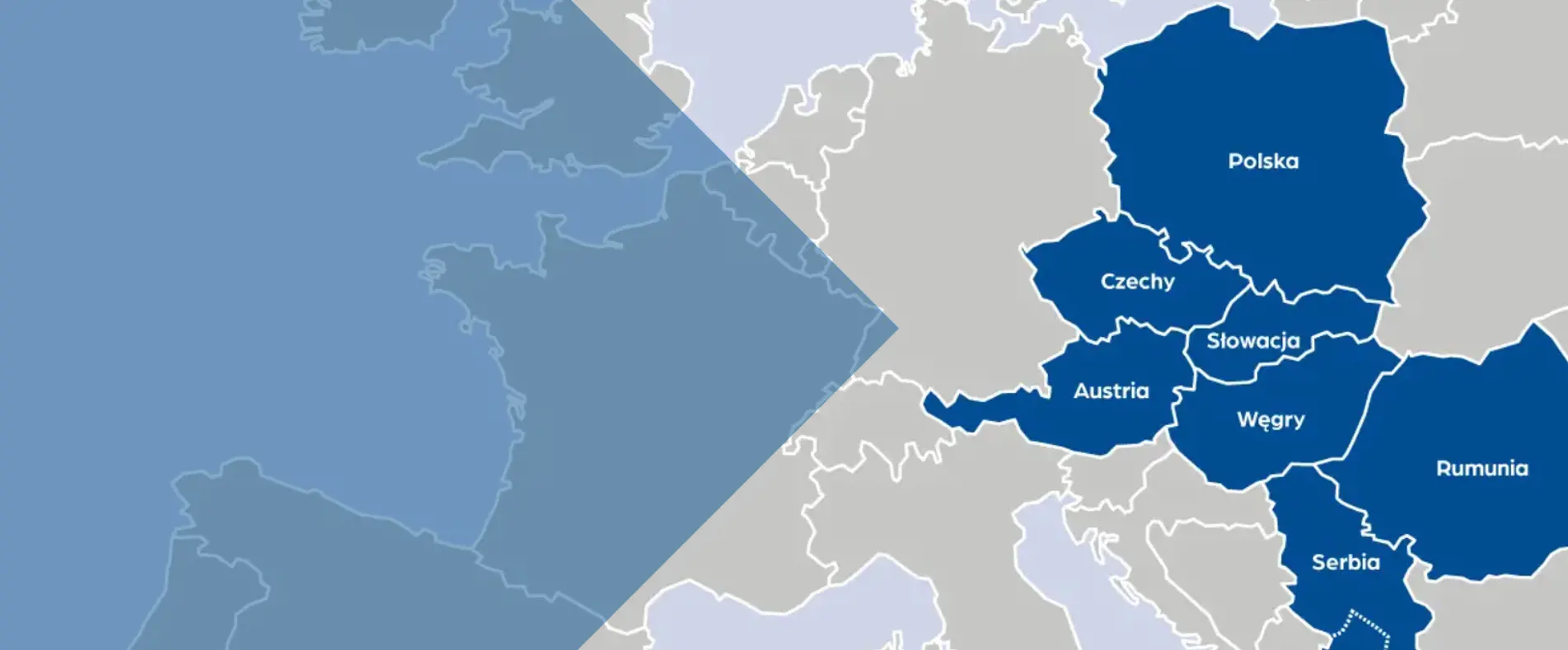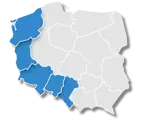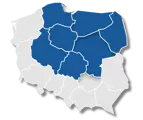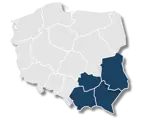Safe Business Partner
Just in time!
Nearly 1,3 million containers, skips and bins of all sizes and more than 1.300 trucks or special vehicles ensure secure and efficient collection and transport of all waste for further treatment.
International team of experts
Our team of more than 4.400 employees in 7 countries of CEE signs responsible for the smooth operation of all our services.
.png?width=1903&height=789)


RDF (Refuse Derived Fuel)
Definition of RDF
RDF (Refuse Derived Fuel) is processed municipal and industrial waste, gaining the status of fuel. This is an efficient way to recover energy from waste that would otherwise go to the landfill.
RDF composition
It is mainly formed from the calorific waste fractions – plastics, paper, textiles. Removal contaminants, such as metals and glass, is of key importance.
RDF production
Mixed waste delivered to the waste treatment plant is sorted to recover everything that can be processed. Waste that can be processed to recover raw materials is sorted out first, followed by waste that can be a source of energy. In Poland, waste that can be thermally converted is currently used mainly in head and power plants, cement plants, and hazardous and non-hazardous waste incineration plants. Some of the waste is also exported abroad to foreign heat and power plants and incinerators.

Advantages of RDF
Zalety RDF Methane reduction
Reduction of methane (greenhouse gas) emissions from landfills (to be confirmed)
Resource conservation
Reduction of the need for fossil fuels and use of waste as a raw material. 1 tonne of fuel produced by FCC from waste is a saving of 600 kg of heating oil or more than 800 kg of hard coal
Lower energy costs
RDF can be cheaper than traditional fuels, lowering the cost of energy production.
Closed loop economy (CLE)
RDF fits the closed-loop economy concept, promoting resource recovery and reuse.

Why RDF?
RDF is a stable energy source, with predictable parameters. It allows for efficient use of waste, reducing its negative environmental impact and lowering energy costs. It is a viable alternative to fossil fuels that supports sustainable development.
Our company is constantly developing, taking care of continuous improvement and implementation of new investments, so as to best meet the expectations of customers. As one of the market leaders in alternative fuel production, the FCC Group offers an alternative to traditional waste management methods. We work with heat and power plants and cement plants from all over Poland. This reduces the negative impact of waste on the environment, recovers valuable energy from waste, and reduces its disposal to landfills
We hope that the legislation and increased environmental awareness will make thermal waste processing fully appreciated as an important part of sustainable, closed-loop economy, contributing to a better future for all of us.
CONTACT
For more information about the FCC Group's offer in Poland, contact our representatives..




